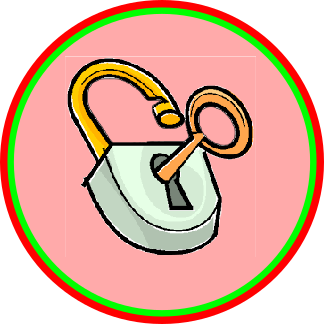Here’s a science ‘teaching aid’- water-cycle diorama. It is simple to make, uses easy-to-get materials, yet is elegant. A cardboard box, cotton, paint, stone, sand, gravel and some plastic plants infuse life into the teaching-aid. This science teaching-aid is sure to get a ‘wow’ from kids.

Observe the detailing in the sub concept of ‘percolation’ and ‘underground water’. Typed captions highlight key aspects of the diorama.
Water-cycle Concept
The concept of rivers that acts as natural drains is projected clearly. Solar radiation leads to evaporation and transpiration. Evaporation and transpiration are two ways that the water-cycle kick starts over the oceans. The water vapor that rises condenses to form clouds. Wind carries these clouds over long distances. These clouds precipitate as water and snow. Usually this precipitation happens over highlands and mountains. The water forms streams and rivulets. These combine to form rivers. The rivers act as natural drains carrying water to the seas and oceans. Some of the water percolates through the ground. This seeping in (percolation) of water causes an increase in underground water. Most of the water drains into the seas. This completes one cycle. As this repeats over years, a water-cycle.
Engage kids with this model
Engaging kids in ways that interest them is quite a task. This science ‘teaching aid’- water-cycle diorama model will definitely catch their interest. All they require is some help from an adult. A few creative tips along the way by adults can make the model worth preserving.
A Great teaching-aid for teachers
Teachers too can build on this science ‘teaching aid’- water-cycle diorama to captivate the class. A model of this nature piques the interest levels in the classroom. It gets you the attention of all the students. Such focused attention can create wonders among your kids.
Hope this post inspires to create one of your own. Here’s a link to some other interesting ‘water-cycle model’ variations on Pinterest


2 thoughts on “Science ‘Teaching Aid’ – Water-Cycle Diorama”